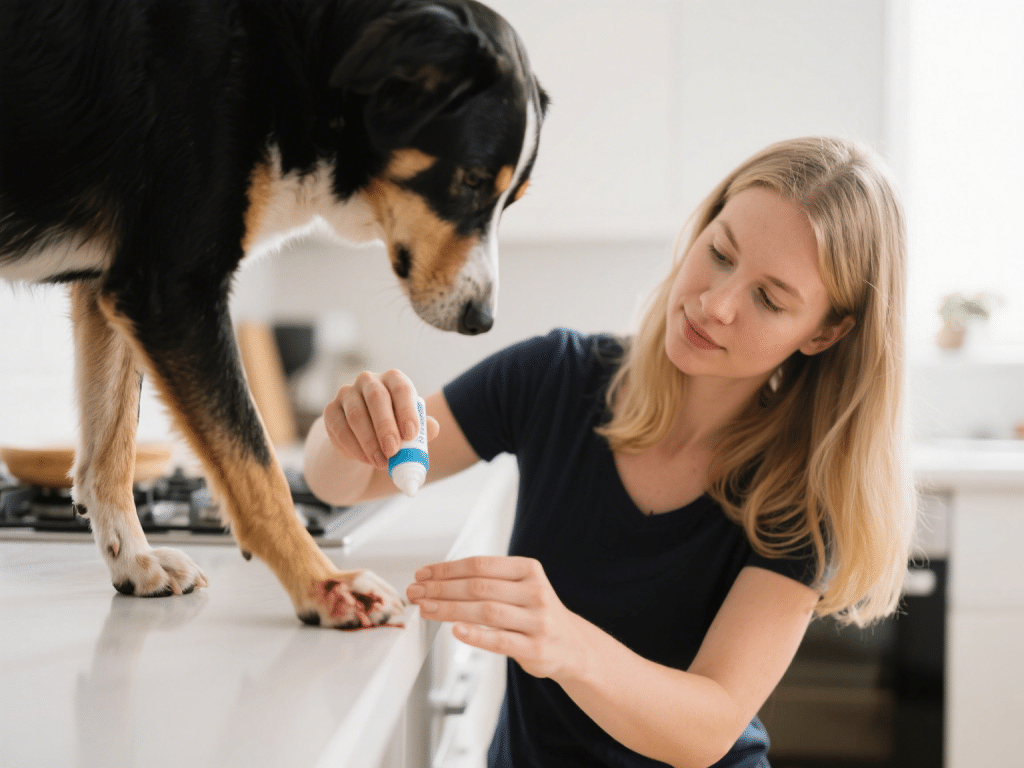Managing Anxiety in Rescue Rabbits: A Compassionate Approach

Rescue rabbits often carry trauma from past neglect or abrupt changes. My 8 years working in rabbit sanctuaries have taught me that a patient, informed approach can transform an anxious bunny into a confident companion. In this guide, I present proven techniques to manage anxiety and build trust with your rescue rabbit.
Understanding Rabbit Anxiety
Rabbits are prey animals with instinctual fear responses. Stress triggers include loud noises, unfamiliar people, and abrupt handling³. Chronic anxiety compromises immune function and can manifest as overgrooming, aggression, or refusal to eat.
1. Creating a Safe Sanctuary
Spacious Enclosure: Minimum 8 sq ft of floor space plus a separate sleeping area.
Hideouts: Cardboard boxes and tunnels for retreat.
Consistent Environment: Maintain stable temperature (60–70°F) and low noise.
2. Gradual Socialization
Quiet Observation: Spend 10–15 minutes daily near the enclosure, speaking softly.
Hand-Feeding Treats: Use small pieces of parsley or cilantro to associate your presence with positive experiences.
Respect Boundaries: Never force petting; wait for voluntary approach.
3. Enrichment & Exercise
Foraging Toys: Scatter hay around the pen to encourage natural grazing.
Digging Box: Fill a box with shredded paper to satisfy digging instincts.
Playtime Sessions: Non-verbal floor time in a bunny-proofed room enhances confidence.
4. Gentle Handling Techniques
Proper Lift: Scoop from under the chest, supporting hindquarters.
Short Sessions: Limit handling to 2–3 minutes until trust builds.
Calm Presence: Wear neutral-colored clothing and avoid sudden movements.
5. Aromatherapy & Sound
Chamomile Spray: Light mist around the enclosure can soothe.
Classical Music: Low-volume baroque music has calming effects on rabbits⁴.
Behavioral Indicators of Progress
Ears Relaxed: Loosely held rather than pinned back.
Thumping Stops: Anxiety-driven thumps decrease.
Curiosity: Rabbit explores new items or approaches your hand.
When to Seek Professional Help
If anxiety manifests as self-mutilation, prolonged anorexia, or aggression, consult an exotic-pet veterinarian or rabbit-savvy behaviorist. Medical conditions like dental pain can mimic anxiety behaviors.
Conclusion
Healing a rescue rabbit’s anxiety is a rewarding journey requiring patience, consistency, and compassion. By creating a secure environment, fostering trust through gentle interaction, and providing enriching activities, you’ll help your bunny blossom into a content, trusting companion. Remember: progress may be slow, but every small step forward is a victory worth celebrating.









Comments on "Managing Anxiety in Rescue Rabbits: A Compassionate Approach" :